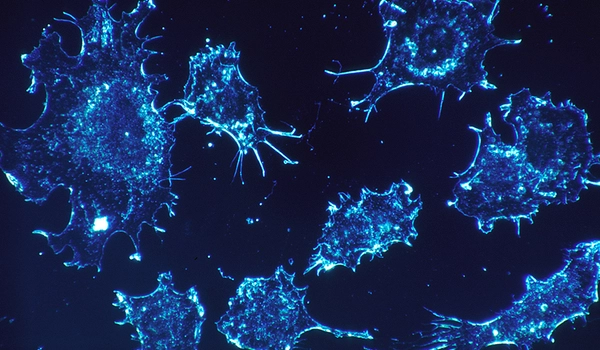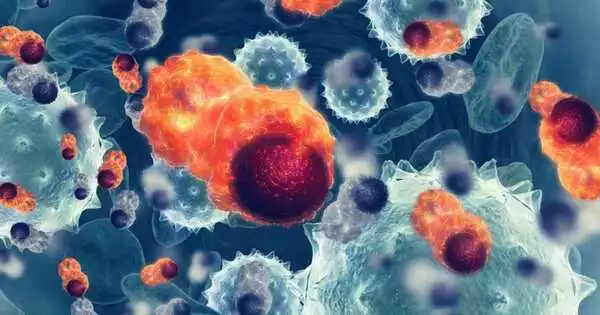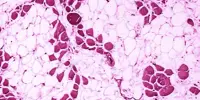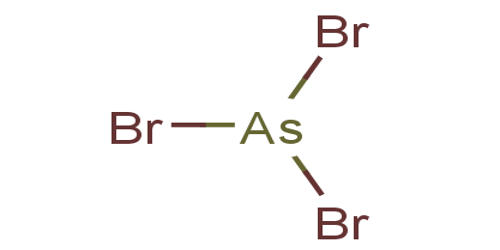Immunotherapy is a type of treatment that aims to boost the body’s natural defenses to fight diseases such as cancer. There are various types of immunotherapies, including checkpoint inhibitors, cancer vaccines, and adoptive cell transfer. Checkpoint inhibitors help to “release the brakes” on the immune system by targeting proteins that inhibit immune cells.
Cancer vaccines help to stimulate the immune system to recognize and attack cancer cells. Adoptive cell transfer involves the transfer of immune cells that have been genetically modified or selected for their ability to recognize and attack cancer cells.
There has been significant progress in the development of immunotherapies in recent years, and they have shown promising results in the treatment of some types of cancer. However, there is still much research being done to improve the effectiveness of immunotherapies and to find ways to make them more widely available to patients. The development of a novel platform to improve immunotherapy would be an exciting advance in this field.
A robust method of producing mature T cells from iPSCs is needed to realize their therapeutic potential. We have identified a critical window when Notch activation robustly improves access to definitive intermediate cell type in blood cell development (hematopoietic progenitors) with T/NK cell lineage potential.
Gustavo Mostoslavsky
Recent advances in cancer immunotherapy have sparked a slew of studies aimed at in-vitro development of T cells (white blood cells) and Natural Killer (NK) cells (immune cells with enzymes that can kill tumor cells or cells infected with a virus) from pluripotent stem cells — cells that can self-renew by dividing and developing into the three primary groups of cells that comprise a human body.
Now, researchers from Boston University Chobanian & Avedisian School of Medicine and Boston Medical Center have discovered a novel pathway based on Notch stimulation (a pathway involved in cell fate decisions, proliferation, and death) that strongly supports the emergence of T and NK cells from human induced pluripotent stem cells very early during in-vitro differentiation (iPSC).

“A robust method of producing mature T cells from iPSCs is needed to realize their therapeutic potential,” says corresponding author Gustavo Mostoslavsky, MD, Ph.D., associate professor of medicine & microbiology. NOTCH1 is known to be required for the production of hematopoietic progenitor cells (an intermediate cell type in blood cell development) with T cell potential in vivo. “We have identified a critical window when Notch activation robustly improves access to definitive intermediate cell type in blood cell development (hematopoietic progenitors) with T/NK cell lineage potential.”
According to the researchers, current practices for immunotherapy are prohibitively expensive and are accompanied by serious adverse events. “The establishment of platforms that will make this process safer, simpler and cheaper will have tremendous implications on public health and in general on the way these therapies are applied in the clinic,” adds Mostoslavsky who also is co-director of the BU/BMC Center for Regenerative Medicine (CReM).
The researchers believe a novel platform allowing universal off-the-shelf T and NK cell access has enormous potential for future immunotherapies targeting a broad range of diseases, including cancer, autoimmune diseases such as rheumatoid arthritis and lupus, as well as immunodeficiencies.
















